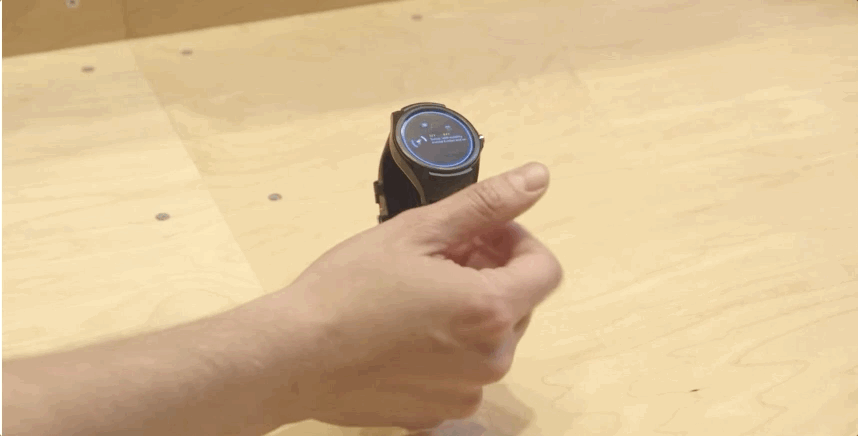
Google just got one bit nearer to the likelihood of controlling a brilliant gadget through hand signals from a remote place. It won government endorsement to proceed with its minor radar venture from 2015, "Task Soli," at higher power levels for better precision.
Google has been taking a shot at this in its exploratory division for quite a long time. Rather than tapping straightforwardly on a screen, the task proposed utilizing motions like rubbing your thumb and pointer together to control a smartwatch or brilliant speaker.
With this innovation, you could possibly turn on a JBL brilliant speaker by drawing a hand nearer to it or turn music on or off with a flick of your fingers. The minor radar sensors inside the speaker would detect your hand movements.
After its underlying presentation as a model, Project Soli hit a street knock on the grounds that the radar wasn't precisely seeing client motions, and it experienced difficulty getting each movement. This implied clients could just endeavor a predetermined number of motions that a smartwatch could get. Google credited these issues to the low power levels the smartwatch needed to work on because of the Federal Communication Commission's limitations.